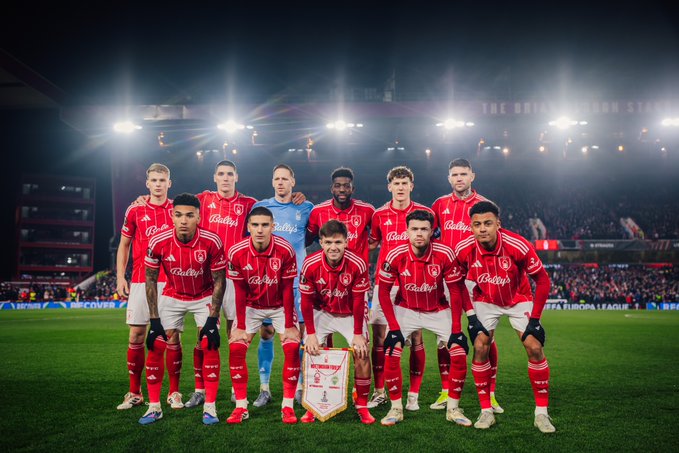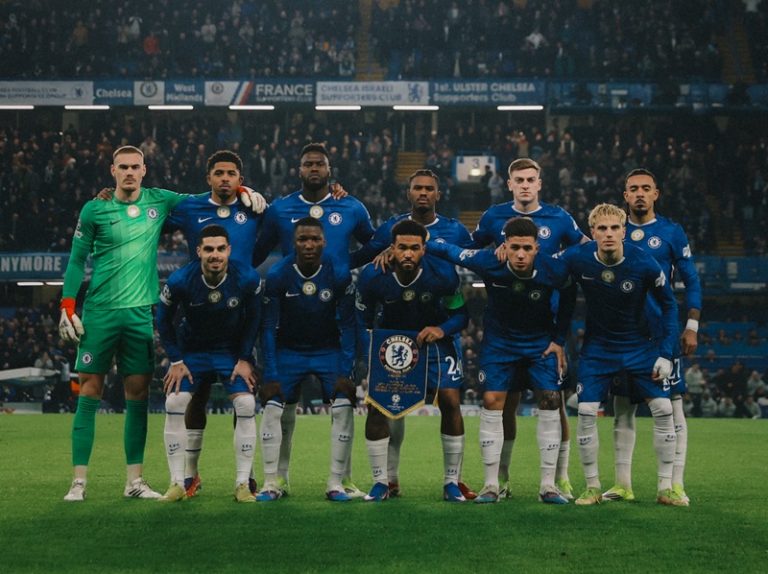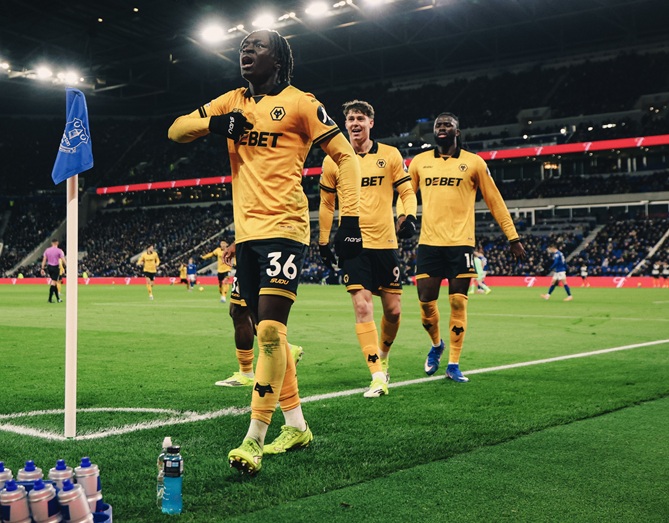The comprehensive 5-0 victory over the Republic of Ireland on Sunday marked the end of Lee Carsley’s interim tenure as England manager. Six matches, five wins, and one loss—due to a poor decision in his starting eleven—Carsley’s record is positive, although the most significant work he did during his time in charge will be seen after Thomas Tuchel’s arrival in March. Beyond the results, Carsley, former coach of the England U21s, laid the groundwork for the German coach’s arrival by initiating a generational renewal and offering a new dynamic to the national team.

A new generation in motion
During his tenure, Carsley allowed eight players to make their debut for the national team. Given the numerous absences in the November squad, he integrated fresh faces like Lewis Hall, Tino Livramento, and Curtis Jones. The latter, brilliant in his first appearances, illustrates Carsley’s commitment to betting on youth.
It’s no coincidence: Carsley was already familiar with these talents, having worked with them during his time with the U21s, with whom he won the U21 European Championship without conceding a single goal. Players like Morgan Gibbs-White, Angel Gomes, and Anthony Gordon, all key to the U21s’ European title in 2023, had the chance to establish themselves at the highest level thanks to him. Gordon, in particular, was a starter in five of the six matches managed by Carsley, confirming his importance in this new cycle.
This work of renewal provides Tuchel with an unprecedented depth of squad. With a pool of around 35 competitive players, the German coach will be able to focus on tactics without needing to gradually introduce young talents.
Resolving recurring issues
One of the major challenges left by Gareth Southgate concerns the reorganization of the midfield. Despite the dominance of Declan Rice and Jude Bellingham, the third spot remains up for grabs. Carsley showed that solutions exist, with Curtis Jones impressing, Angel Gomes proving reliable and stepping up in front of a wider audience, and young players like Kobbie Mainoo and Adam Wharton both set to be part of Euro 2024 are ready to seize their opportunity.
Other positions, often problematic, also seem to have found answers. On the left, Lewis Hall emerged as an alternative to Luke Shaw, whose fitness has frequently been an issue. On the right wing, Noni Madueke, a player similar to Bukayo Saka, has become a promising option to replace the Arsenal winger.
With so many talents, Tuchel’s main challenge will be making balanced choices, an area where Southgate sometimes faltered by prioritizing big names at the expense of team cohesion.
Expectations to match the progress
The transition from Carsley to Tuchel marks a turning point. Unlike his predecessors, the former Chelsea coach will take the reins of a team where the expectation of winning a trophy is palpable. With a rich and well-prepared squad, England must win at least one major trophy for the first time since 1966. Gareth Southgate’s two consecutive Euro finals certainly brought joy by going far in major tournaments, but unfortunately, they couldn’t end “58 years of hurt” (the wait for the last major trophy).
It remains to be seen whether Tuchel can rise to the challenges left unresolved: finding a successor to Harry Kane, managing the end of Kyle Walker’s career, and, most importantly, maintaining a balance between established stars and young talents.
Lee Carsley has undeniably laid solid foundations for the future. Now, the success of the Three Lions will depend on Thomas Tuchel’s ability to turn this promise into concrete victory on the other side of the Atlantic in 2026.



